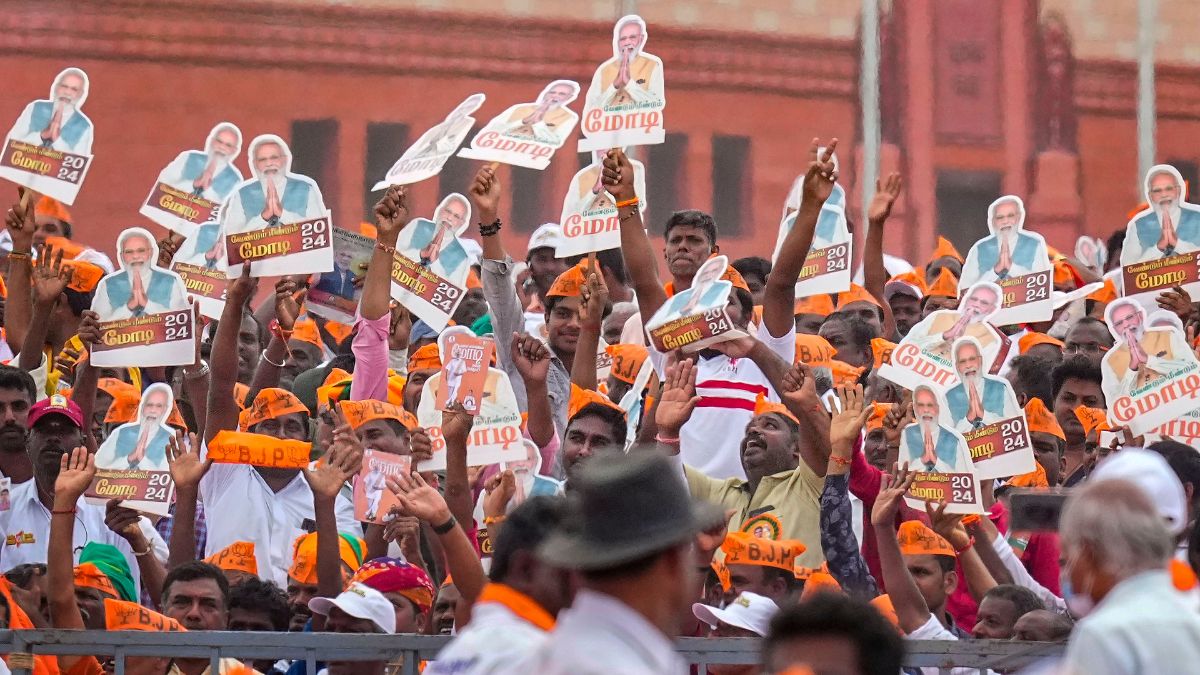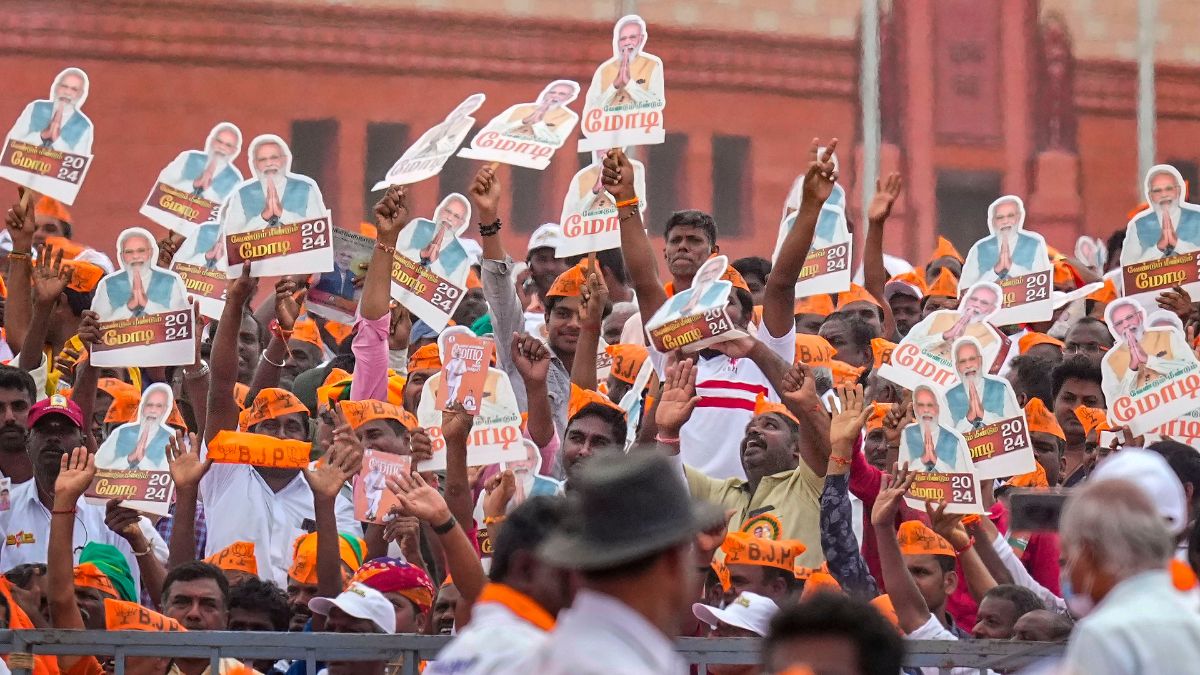Tensions between India and Canada are at an unprecedented high. The relations plunged to a record low this week after Canadian prime minister Justin Trudeau alleged India’s role in the murder of Khalistani separatist Hardeep Singh Nijjar in June in British Columbia. New Delhi has rejected the allegations, calling them “absurd” and “motivated”.
The diplomatic spat escalated as both countries expelled each other’s senior diplomats, issued travel advisories and India suspended new visas for Canadians citing “operational reasons”.
While India and Pakistan have had diplomatic rifts for years, it is not common for New Delhi to expel diplomats from Western countries. Let’s take a look at some other major diplomatic standoffs that India has handled over the years.
Pakistan
Tense ties between India and Pakistan are neither new nor rare, with both countries having expelled each other’s diplomats on several occasions.
The latest incident was in August 2019 after India abrogated Article 370 which gave special status to Jammu and Kashmir and bifurcated the state into two Union Territories – J&K (with legislature) and Ladakh (without legislature).
Islamabad decided to downgrade diplomatic ties with New Delhi over the abrogation and expelled Indian High Commissioner Ajay Bisaria. The then Imran Khan-led Pakistan government also suspended bilateral trade with India over what it called New Delhi’s “unilateral and illegal” move to revoke J&K’s special status.
In 2020, India expelled half of the staff at Pakistan’s High Commission in Delhi as well as downsized its own staff at its High Commission in Islamabad.
Earlier in 2003, India had expelled Pakistan’s Charge d’Affaires and four staff members of the High Commission in Delhi, accusing them of funding separatist activities in Jammu and Kashmir. This also led to the downsizing of the Indian High Commission in Pakistan.
After the attack on the Indian Parliament in 2001 and the Indian Army’s mobilisation against Pakistan in Operation Parakram, both countries had downsized their missions.
Then there was Operation Brasstacks in 1987, a massive military exercise by India in Thar, near the Pakistan border, that escalated already high tensions between the two nations.
As per Hindustan Times (HT), when tens of thousands of Indian troops, equipped with armoured columns, artillery and rocket systems, moved to the western border, it was seen as a “full dress rehearsal for a war with Pakistan” by some.
The high-stakes situation came under control only after intense diplomatic negotiations and confidence-building measures, noted DailyO.
ALSO READ: How Justin Trudeau’s anti-India antics have angered Canadians
United States
India’s one of the most talked-about diplomatic row was with the United States. In December 2013, senior Indian diplomat Devyani Khobragade was detained on charges of alleged visa fraud and underpaying her domestic help Sangeeta Richard in the US.
The 1999-batch IFS officer was strip searched and held with criminals, triggering a huge uproar in India. She was later released on a USD 250,000 bond.
India had said it was “shocked and appalled” at the manner of her arrest. The Manmohan Singh-led Central government took a number of retaliatory measures, including removing concrete security barriers outside the US Embassy in Delhi and withdrawing privileges of some US diplomats and their families.
In March 2014, a grand US jury re-indicted Khobragade despite her diplomatic immunity. However, she had left the US in January and India refused to waive her immunity.
An ease in the diplomatic crisis was seen when newly-elected Prime Minister Narendra Modi was invited by US president Barack Obama after the 2014 Lok Sabha elections.
China
The ties between India and China have been strained since the 2020 military standoff in Ladakh’s Galwan Valley. Although several rounds of military talks between the two sides have been held for the disengagement process, the border dispute remains unresolved over key friction points such as Depsang and Demchok.
Before the Galwan Valley clashes, India and China faced off in 2017 over the Doklam plateau, claimed by both China and Bhutan. The military standoff that lasted two months began after China started constructing a road in the disputed area of Doklam.
After Bhutan called upon New Delhi for help, Indian troops were deployed to handle the issue, leading to a dispute.
However, after weeks of diplomatic negotiations, the stalemate ended with both sides agreeing to disengage and Beijing promising to make “necessary adjustments” to their troop deployments, reported The Hindu.
France
Before the US, the friendly relations between India and another Western nation faced a test about 38 years back.
In early 1985, the Ministry of External Affairs (MEA) said India had directed the French ambassador to leave the country. While no reason was given for the order, according to The Wire, media reports claimed the move came in the wake of the unearthing of a major spy scandal involving private secretaries at key ministries who allegedly leaked official secrets to an Indian businessman.
A UPI news agency report described the incident as the “first time that such a high-ranking diplomat has been told to leave India in connection with espionage involving both military and industrial secrets”.
Associated Press’ (AP) report from February 1985 said that France had recalled its ambassador to India following the espionage scandal.
In January 1985, French deputy military attache Lieutenant Colonel Alain Bolley, who was believed to be the “main foreign link”, was recalled to Paris from his post in the New Delhi embassy.
A recent book by veteran Indian diplomat CR Gharekhan has claimed that India also quietly expelled diplomats from the Soviet Union, Poland and East Germany over the incident.
To improve relations with France after the controversy, India expedited the approval of the new French ambassador. New Delhi also said that Rajiv Gandhi will visit France to take part in the inauguration of the ‘Year of India’, as per The Wire report.
With inputs from agencies


)




)
)
)
)
)
)
)
)